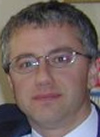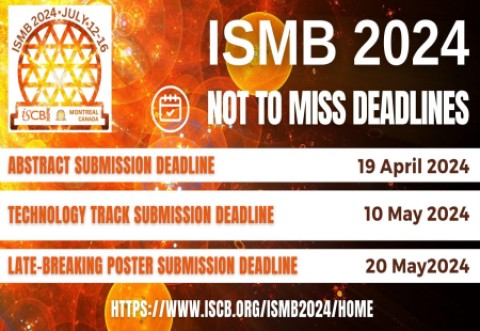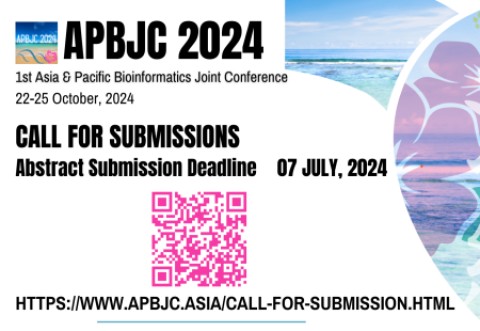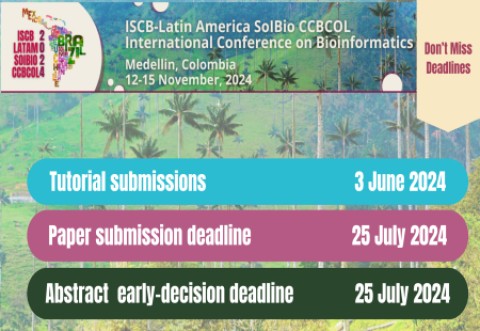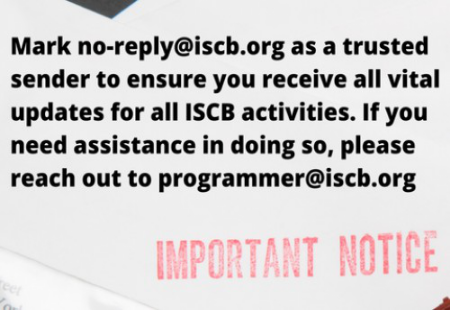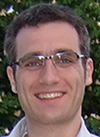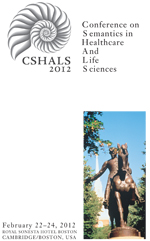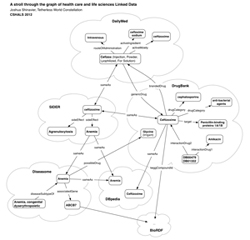Conference on Semantics in Healthcare and Life Sciences (CSHALS)
Conference Sponsors
Updated February 13, 2012
Gold:

Student Travel Fellowships:

General:

_ _ _ _ _ _ _ _ _ _ _ _ _ _ _ _ _ _ _ _ _ _ _ _ _ _ _ _ _ _ _ _ _ _ _ _ _ _ _ _ _ _ _ _
Semantic Healthcare and Life Sciences Tutorial: Mashing HC and LS Data
Presented by RPI:

Conference on Semantics in Healthcare and Life Sciences (CSHALS)
News
Feb 21: The CSHALS 2012 Program Book is available here (.pdf)
Feb 07:
Special Offer: CSHALS 2012 Tutorial Registration
Wednesday, February 22
8:30 a.m. - 5:00 p.m.
Registration is now open for the February 22nd CSHALS Tutorial without the requirement of attending the main conference on February 23-24. If you decide after attending the Tutorial to also register for the main conference, 50% of your $250 Tutorial fee will be applied toward your on-site conference registration fee. This special Tutorial-only registration offer must be completed by Monday, February 20 (5:00 pm Eastern). Full details available at www.iscb.org/cshals2012-registration
Oct 31: CSHALS 2012 -- Register Now and Save! Click here.
Sept 15: Stay connected to CSHALS news and events by visiting:
http://lanyrd.com/2012/cshals/
August 29: CSHALS 2012 Call for Oral & Poster Presentations is Open. Click here.
Announcing CSHALS Webinar: Computational Acceleration of Biomedical Discovery

Date: Tuesday, September 20, 2011
Time: 1:00 PM to 2:00 PM (ET)
Register: Visit http://cshals-webinar-1.eventbrite.com/
Location: Actual location of the webinar will be emailed to registrants closer to the event
Details: Please join us for this free webinar reprising and updating Dr. Lawrence Hunter's keynote address from the 2011 Conference for Semantics in Healthcare and Life Sciences (CSHALS). All you need to attend is a computer, an Internet connection, and a free hour on Tuesday, September 20th at 1pm EDT.
Once registered for the event, you will be emailed a link to join the webinar live.
Abstract: The profusion of high-throughput instruments and the explosion of new results in the scientific literature, particularly in molecular biomedicine, is both a blessing and a curse to the bench researcher. Even knowledgable and experienced scientists can benefit from computational tools that help navigate this vast and rapidly evolving terrain. However, effective design and implementation of computational tools that genuinely facilitate the generation of novel and significant scientific insights remains poorly understood. In this talk, I will describe a set of efforts that combines natural language processing for information extraction, graphical network models for semantic data integration, and some novel user interface approaches into a system that has recently played a pivotal role in making a significant biomedical discovery.
Biography: Dr. Lawrence Hunter is the Director of the Computational Bioscience Program and of the Center for Computational Pharmacology at the University of Colorado School of Medicine, and a Professor in the departments of Pharmacology and Computer Science (Boulder). He received his Ph.D. in computer science from Yale University in 1989, and then spent more than 10 years at the National Institutes of Health, ending as the Chief of the Molecular Statistics and Bioinformatics Section at the National Cancer Institute. He inaugurated two of the most important academic bioinformatics conferences, ISMB and PSB, and was the founding President of the International Society for Computational Biology. Dr. Hunter's research interests span a wide range of areas, from cognitive science to rational drug design. His primary focus recently has been the integration of natural language processing, knowledge representation and machine learning techniques and their application to interpreting data generated by high throughput molecular biology.
Conference on Semantics in Healthcare and Life Sciences (CSHALS)
Contacts
Please direct inquiries about CSHALS to:
Steven Leard
ISCB Conferences Director
This email address is being protected from spambots. You need JavaScript enabled to view it.This e-mail address is being protected from spambots. You need JavaScript enabled to view it
Telephone: 1+780-414-1663
